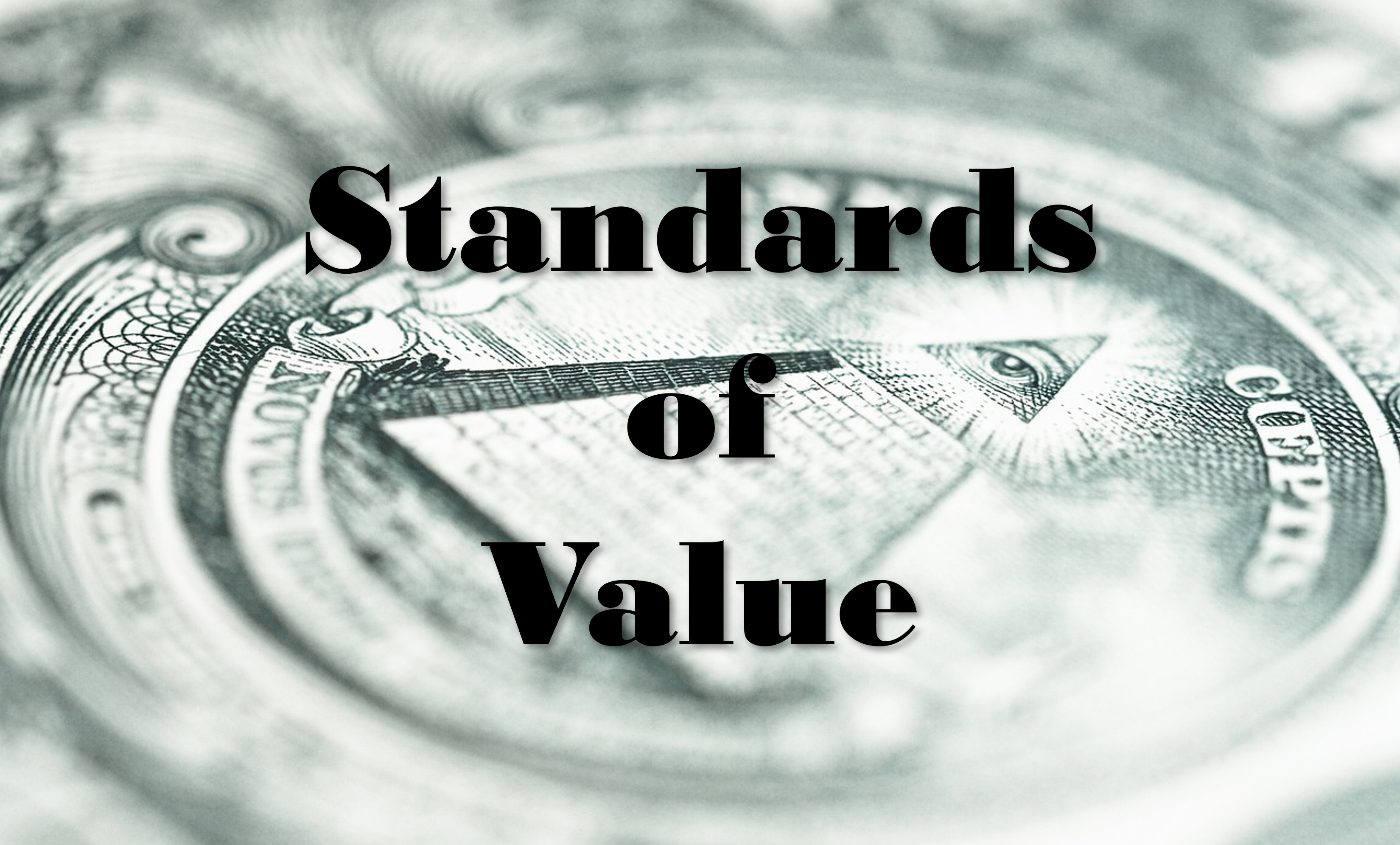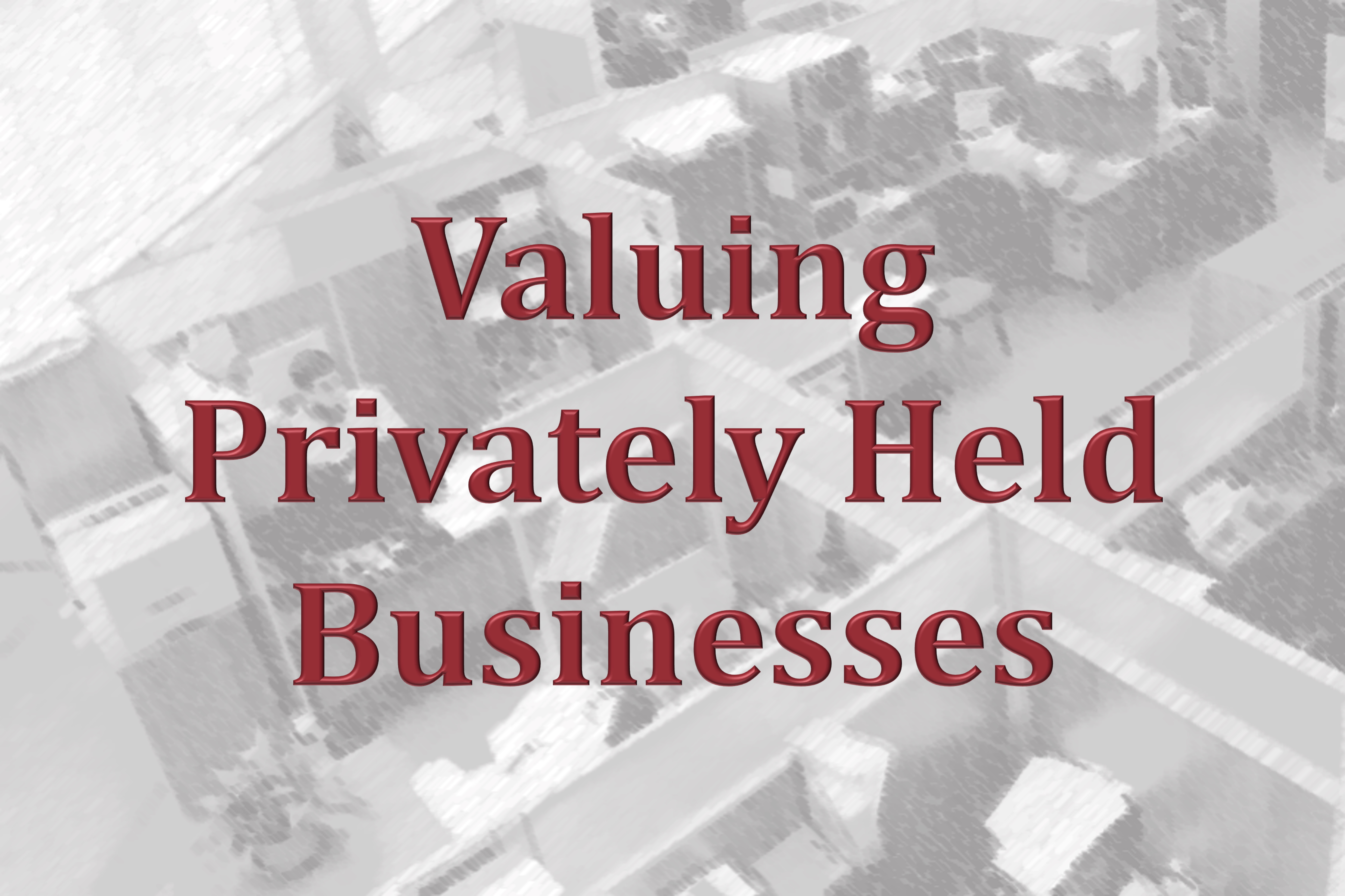Given the high degree of art and science that goes into a quality valuation it is understandably challenging to objectively compare the pedigree among individuals and or firms.
In effect, this is a type of valuation question:What is the value of the analyst”s judgment?
Here are a couple of factors that should provide some illumination to the question:
- Credentials
- Professional Experience
- Incentives
- Unique Perspectives
Credentials
A good starting point is to opt for individuals and or firms that have self-selected in obtaining industry credentials. This permits you to objectively research what the analyst had to go through to earn the charter. Charters are in effect signaling mechanisms by the analyst to highlight through a trusted 3rd party (the charter organization) that these are the subject matters requiring mastery before a charter is awarded.
Here is a small list of credentials that are common in the industry:
- Chartered Financial Analyst (CFA)
- Certified Public Account (CPA)
- Certified Valuation Analyst (CVA)
Naturally, it would be unwise to get in a plane with someone that was an aviation enthusiast but did not have his or her pilot?s license. The right credentials are necessary but not sufficient.
Professional Experience
In theory, there is no difference between theory and practice. If this was the case, the wealthiest people should be business school PHDs. Naturally there is value in knowing the theories associated with a given field but it needs to be enhanced with quality professional experience.
The question boils down to qualitatively assessing if the analyst?s professional experience will detract or contribute to the ultimate valuation opinion.
For example, an analyst who only assessed well-established cash flow positive businesses with products that have not largely changed in 50 years would not have the professional experience to add value to a valuation for a pre-revenue technology company. He or she would be completely fine in admitting ?I cannot value this company? which for him or her is true but not necessarily someone else.
In this same example, an analyst (with all other factors equal) who had extensive experience in analyzing venture capital and was quite familiar with a whole range of emerging technologies has the more appropriate context and background that would be critical to a quality and well informed valuation opinion despite both analysts clearly and completely understanding the same academic theory.
Incentives
An analyst with both the right credentials and the right professional background significantly reduces the risk of a poor and ill-informed valuation opinion. However, history is littered with qualified individuals who did dumb things due to incentives.
In Pebbles of Perception: How a Few Good Choices Make All The Difference, Laurence Endersen writes:
?Imagine the nature of a football game where the first goal scorer took all the spoils. There would be one hell of a scramble to score the first goal and it might make compelling viewing. The carrot is effective, but it is too pointed. We suddenly focus on the incentive and forget about the second order consequences.
What we see is that narrow incentives influence performance, but they may not improve it.
Studies of loan officer approvals during the recent US mortgage crisis showed that the loan officers actually believed the cases with the highest commission were more creditworthy. The effect was worse than naked self-interest: the incentive actually blinded their judgement.?
With this in mind here are some factors that can better align the incentives toward a more objective valuation:
- The firm’s policy is to take 50% of the total cost up front.
- It lessens the incentive to cook the numbers to the client?s liking just to get paid
- This more conservative policy means the firm will lose some business and they are ok with that
- The client could initially push the analyst to value it in a way that does not make sense just to see if he or she will push back on a clearly poor approach.
- It quickly highlights where the analyst?s priorities exist
One cannot completely eliminate biases inherent in the human condition. However, through the proper training, well aligned incentives, and good processes one can significantly reduce the risk of psychological bias. There are good reasons why commercial airline pilots go through years of training and religiously apply checklists. The combined effect is a massive reduction in the likelihood of a catastrophe. The same idea applies to valuations: there is a clear need for them and there are well established ways to reduce the risk of client pressure to “hit the magic number“.






